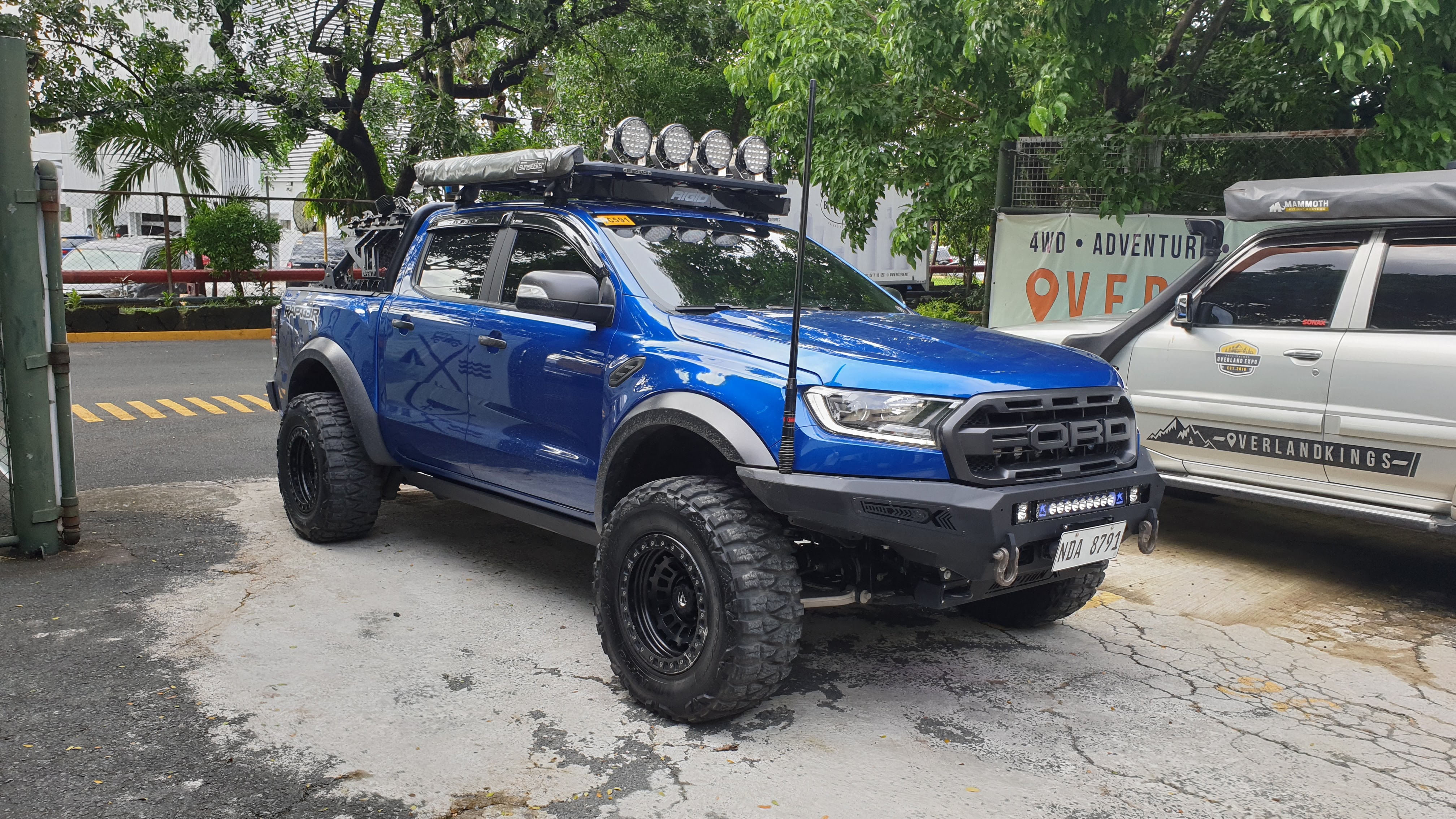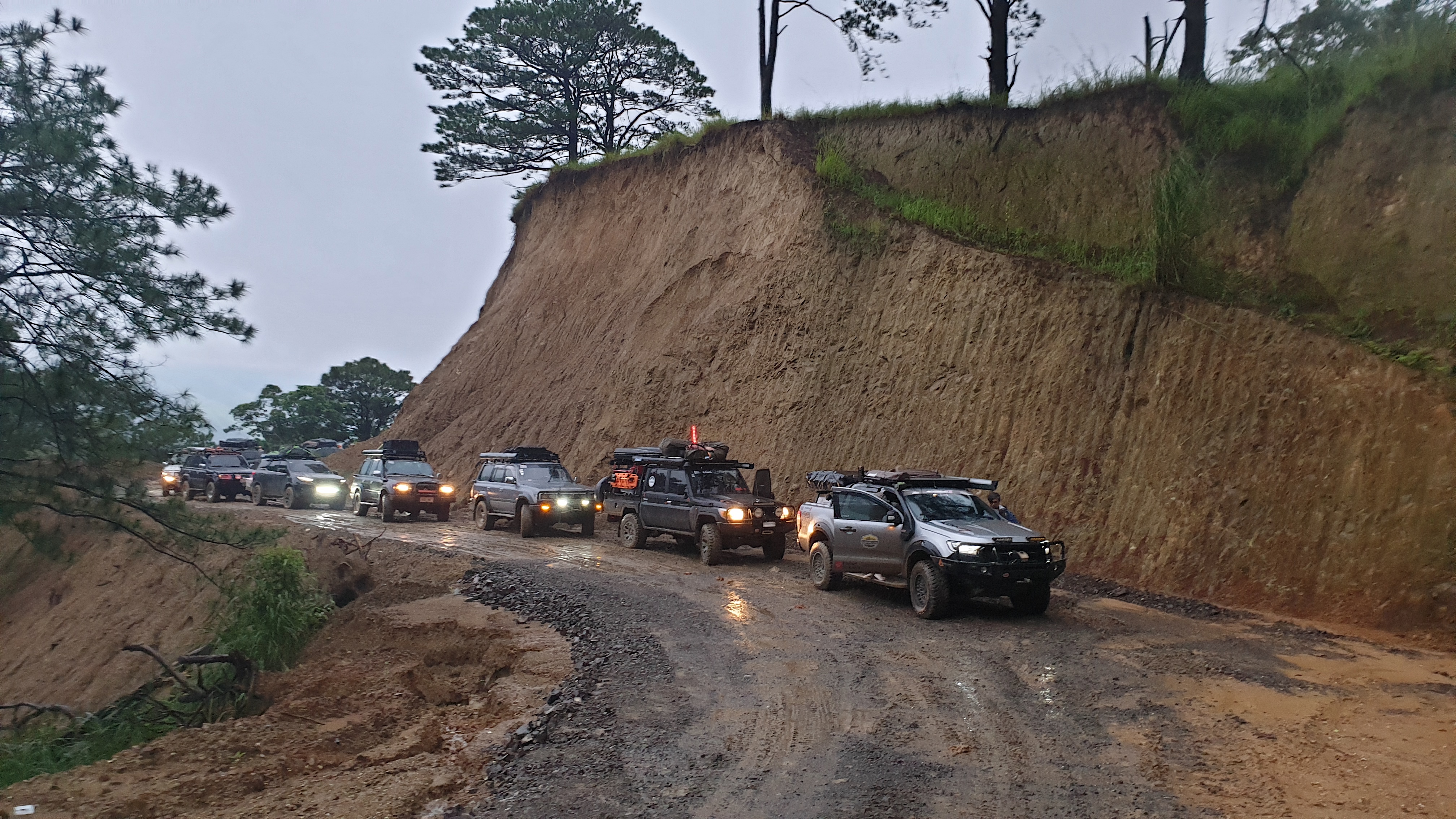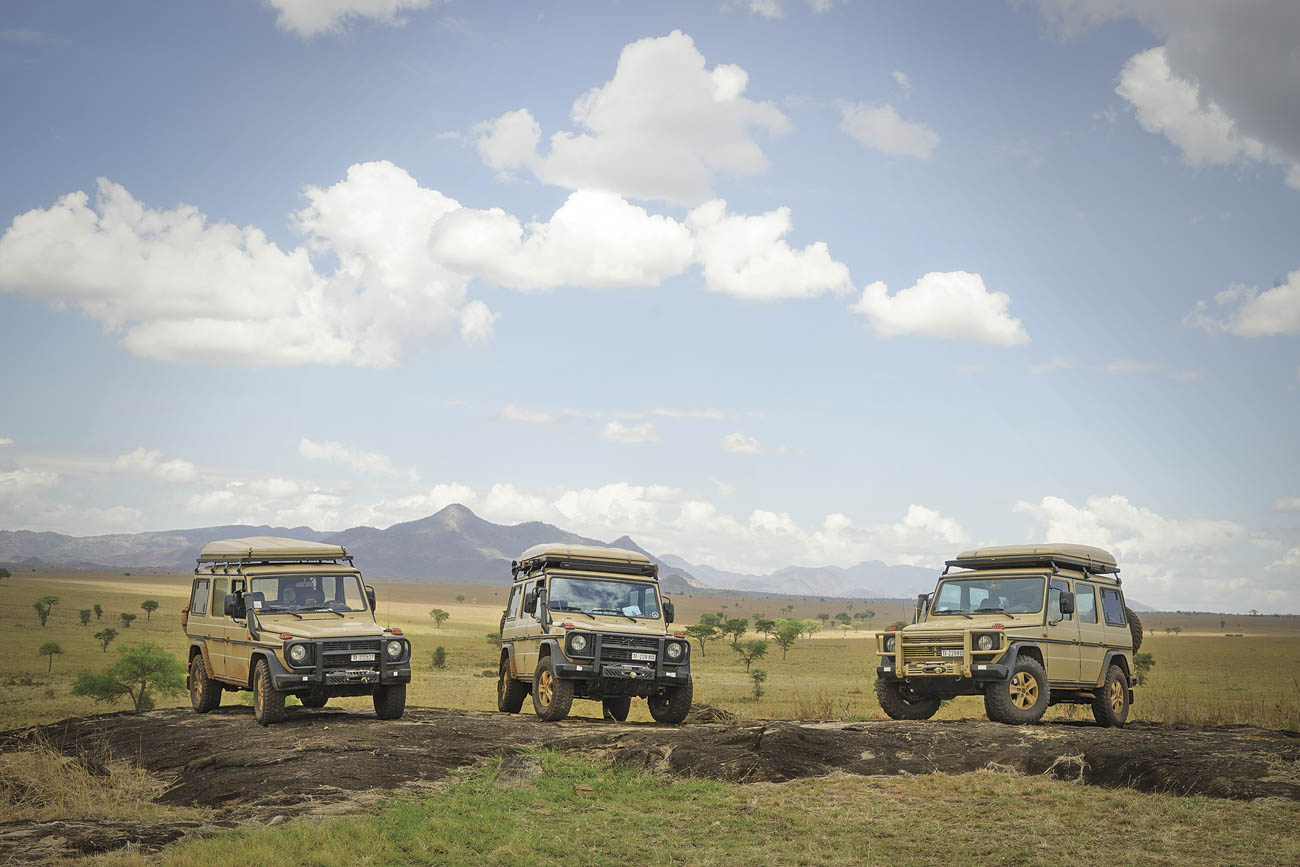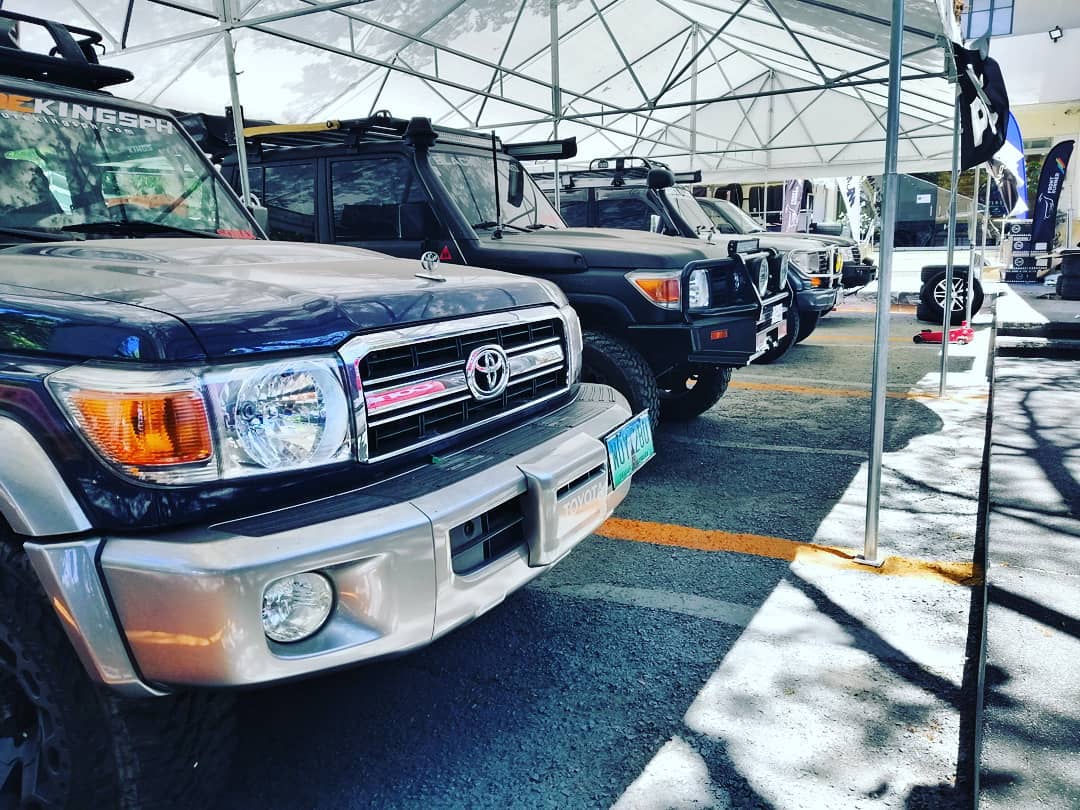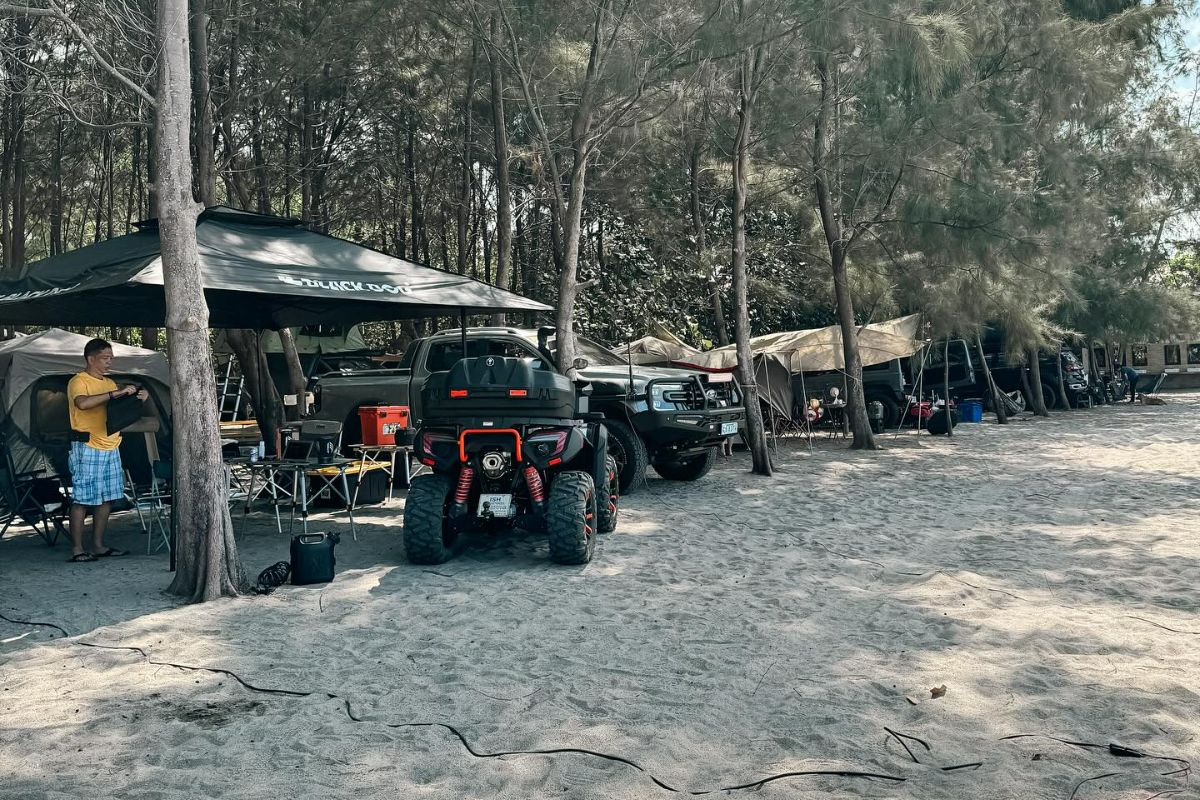Share
What do you need to know when buying a generator for camping?
- Power requirements
- Weight and portability
- Fuel type
- Noise level
- Maintenance
If you plan to camp off the grid or want to spend your time overland for a longer period, then it’s important to have a source of power, so you can use your equipment. Bringing a bit of the comforts you’re used to at home can go a long way in you enjoying your trip outdoors. A generator can help keep handheld devices powered up for days, power portable refrigerators, and many more. If you’re interested, here is a generator buying guide for camping. Keep on reading!
Power Requirements
Before buying a generator for camping, the first thing you need to consider is your power requirements. What devices will you plan on using? Note that not everybody uses the same devices, so you have to make a list to compute your power requirements.
Here are some of the typical camping appliances that you might use, and their average power consumption:
- Fan: 70W
- Electric Kettle: 2000W
- Laptop: 50W
- Refrigerator: 200W
- Toaster: 1000W
- Air conditioner: 600W
Don’t forget to also check the starting wattage of your camping devices, because a lot of them require more power to start than to run — especially big devices. If you can reduce the number of electric devices, do so, so you can lower your power consumption.
Weight And Portability
The weight and the size of the generator will depend on its power output. It’s important to consider this aspect too, because you might have limited space in your camping car. Consider the delivery costs too, as this will depend on the weight of the generator.
For reference, most generators with 1-2kVA can weigh between 10-20kg. On the other hand, generators with 3-5kVA weigh between 20-30kg. Other than this, consider the fuel tank size too.
In addition to that, think of the portability of the generator. Buying a generator to power your home in a blackout is different from buying one for a camping trip. Standby generators are often installed permanently in a home, while a portable generator can be taken on the go — so it’s recommended for camping. In this case, an inverter generator is a good option because it’s lighter.
Fuel Type
There are different ways to power a generator. This will depend on the type you generator you choose, so make sure you consider this too. Gasoline is the most common option for portable generators. Propane is also used for portable generators and standby generators. Lastly, natural gas can only be used for standby generators.
Consider the fuel tank size too. The larger the tank, the longer you can go until you need to refuel. Keep in mind that you will be able to run longer if you use a lower percentage of the available power.
Noise Level

Nose is an important consideration when you’re camping especially if you want to enjoy the peace and quiet while enjoying the sights. But generators can be noisy. These can reach as high as 100 decibels too, which is the equivalent of using a chainsaw. Normally, a noisy generator is not allowed in most campgrounds, since it would disturb other campers as well.
Fortunately, smaller generators can have the option of a quiet design. If you plan to camp where there will be other people too, it’s recommended to choose a portable generator that has a low decibel output.
If you want something that is quiet, look for inverter generators. These are popular, because they’re quieter than traditional generators. The case is specifically designed to minimize noise. Sounds produced will range from only 50-58 decibels — which is the same loudness as a normal human conversation.
Maintenance
No matter what type of generator you use, you need to regularly maintain it. This will ensure that the generator will run its best when you need it. Factor this when computing the costs of using a generator for camping in the long run.
One of the most important things you need to do is to change the oil frequently. You also need to change the filter, and perform routine cleaning. Sometimes, you might need to replace parts, too. All of these will cost you extra money, but it will help increase the life span of your generator.
Key Takeaway
Hopefully, this generator buying guide for camping has helped you decide what generator you will buy for your next trip! Consider the devices you will power, the portability of the generator, the fuel type, and the noise too. Don’t forget to factor in the maintenance as this will add to the costs too.
If you’re interested in a generator for camping, you may want to check out the Adventure Kings 3.5 kVA Generator. This device is perfect for both remote power and home backup. It has a 3500W pure sine wave inverter, which means that the generator will produce clean power. You can use it for powering equipment with delicate internal electrical components — such as laptops and mobile phones.
This Adventure Kings generator also comes with a 13L fuel tank, which is double of the size of similar generators from competitors. When you use it in economy mode, it’s quiet too. If you’re planning to go on a trip soon, check out our other camping gear here at Overland Kings!
